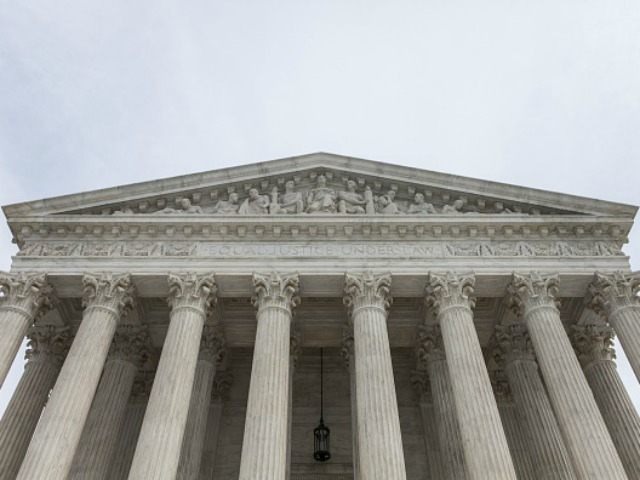Should unionized employees be forced to pay dues to support their union’s political positions they oppose?
Rebecca Friedrichs says no. She is the lead plaintiff in Friedrichs v. California Teachers Association, which begins oral arguments before the Supreme Court on Monday. The plaintiffs seek to free unionized public sector employees from paying dues on First Amendment grounds.
The case has implications for job creators and American employees at large. A plaintiff victory would essentially expand “right-to-work” nationwide for public sector employees, creating a more vibrant economic climate for job creation and small business.
Friedrichs is a California school teacher who disagrees with the political positions of her union and doesn’t believe she should be forced to fund them. The law in her state and 20 others forces such employees to pay a union to represent them in the workplace, under penalty of losing their jobs.
A previous Supreme Court case ruled that unionized employees could opt out of paying the portion of their dues that supports the overt ideological spending of their unions. These are the dollars that go to special interest groups whose policies often hurt job creation. But the Court also required these employees to pay “agency fees” to the union to cover representational activities whether they want to or not.
Friedrichs is asking the Court to take its previous ruling exempting unionized employees from dues that support overtly political causes to its logical conclusion and exempt them from paying dues that fund representational activities as well. She argues that all union spending is political and therefore using mandatory dues to fund it is in violation of the First Amendment.
Given that public sector unions use representational dues to push for government spending and public policy that affects millions of Americans, this is a logical argument. Every dollar that public sector unionized employees get in compensation is one extra that has to be diverted from other public resources or that has to be raised in new tax revenue. Viewed in this light, it’s easy to see the significant implications this case has for job creators and American employees.
Friedrichs disagrees with her union’s representational activity that pushes for “Cadillac” compensation at the expense of her fellow citizens and the economy as a whole. “When my union goes to the legislature and bargains for Cadillac pension plans on my behalf at the expense of the national economy, at the expense of my community,” says Friedrichs. “I have a moral dilemma with that.” She also opposes the bad public policy that her representational dues pay for that create bad education policy.
For example, agency fees can be used for strike preparations, even when a teacher paying the fees may wish to keep teaching the kids. Teacher tenure, last-in, first-out hiring policies, and rules that make it almost impossible to fire bad teachers are just a few of the other controversial political positions public sector unions push with mandatory agency fees.
A Friedrichs victory would not only affirm the First Amendment rights of public sector employees forced to fund the political positions of their unions. It would also be a victory for job creators and Americans as a whole who have been on the receiving end of decades bad public policy advocated by public sector unions. The Court should rule in her favor.
Alfredo Ortiz is CEO and President of Job Creators Network

COMMENTS
Please let us know if you're having issues with commenting.